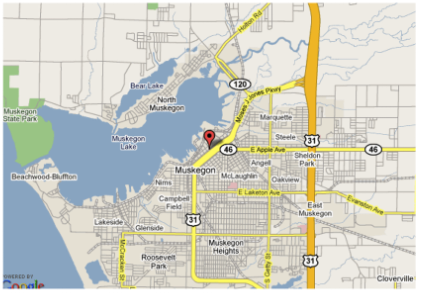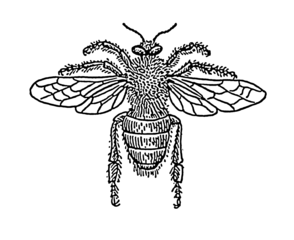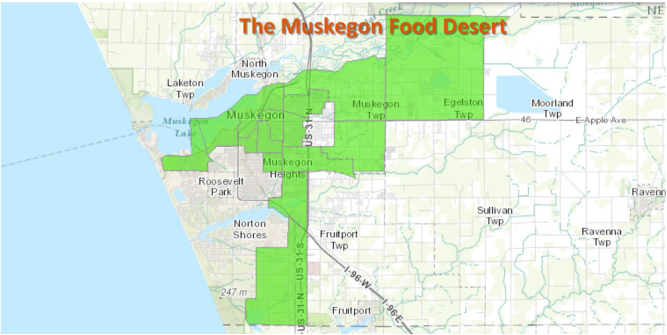By Joshua S. EldenBrady
At the public meeting on December 8th, 2014, after much hemming and hawing (methinks thou dost protest too much), no one but the vice mayor was saying much directly against sales. When challenged to explain what the hypothetical situation that they were afraid of under Michigan right to farm (which the vice mayor kept talking about), no one responded. A number of comments were made that seemed to show incredible ignorance of the current gardens in the city and of the way that zoning works (ex: the city manager said that community gardens were never illegal because zoning didn’t specifically prohibit them - technically it didn’t but like most zoning Muskegon’s says that anything not specifically listed as allowed is illegal).
The public comment in support of produce sales was outstanding (thank you to everyone who showed up).
The discussion of what happened in the closed meeting was very generic and with almost no details. Apparently they need to make some changes in their ordinance on the advice of MDARD but they did not say what any of those changes are so we are just going to have to wait and see. What we do know is that they saying yes to sales right now but we do not know what the conditions will be or if there will be restrictions affecting private gardens like there appeared to be in their first draft. (Note: the first draft was not targeted against home gardeners but due to contradictory language it could have been interpreted in a way that affected and severely restricted home gardens, it was targeted to affect those like my family that garden for personal use on a lot other than the one our home is on or those who intend to sell surplus produce even from a home garden).
There was some confusion from my previous post about what the city was directly attacking. While some of the comments by members of the planning commission and zoning board of appeals indicated that having more gardens of any kind in the city was a problem, the proposed ordinance that was being discussed did not directly address home gardens and would only have affected them if they were selling or if it was interpreted in a certain way. While the city attorney argued successfully this last year for a legal theory that could potentially make home gardening illegal since it is no longer a common practice in most of the city, there has not yet been any attempt to stop home gardens that are for personal use (although I have been told that at least one resident was told that composting was not allowed). What the city has taken an official stand against is growing AND selling produce. The proposed ordinance would have allowed growing AND selling but in exchange put significant restrictions, and the requirement to pay $200 for planning approval before planting, on anyone who was growing (even for personal use) on a lot other than the one their home is on.
It looks like sales will not be allowed in time for the 2015 growing season either way. Because of the procedural requirements of the zoning enabling act even if they take an ordinance to the planning commission in January it will be too late to order and start seeds by the time it passes. However it looks like we might be moving in the right direction.
Thank you to all those who have shown support, please keep the pressure on until they actually get things done.





 RSS Feed
RSS Feed